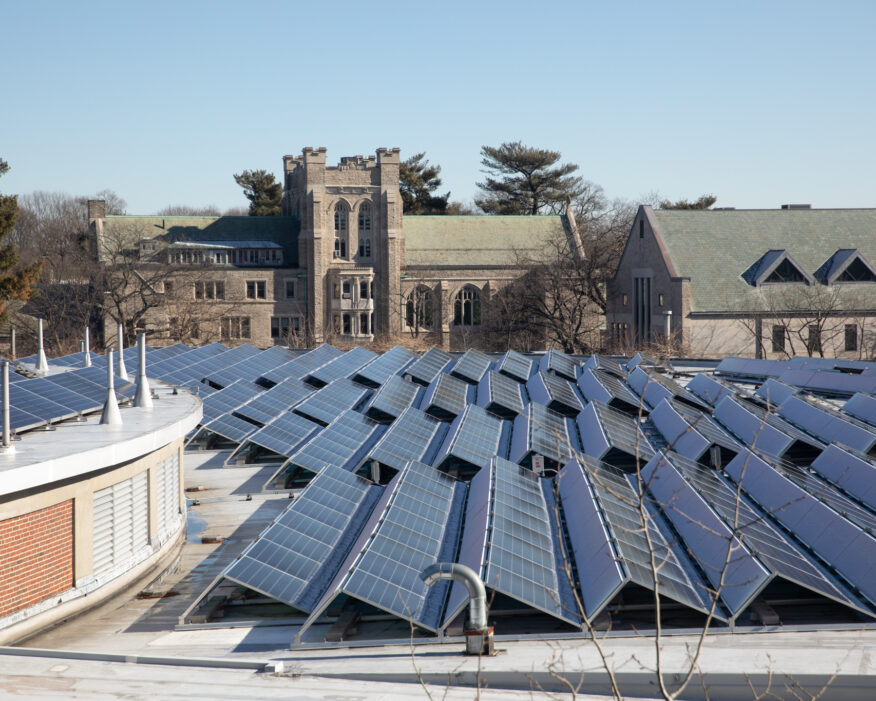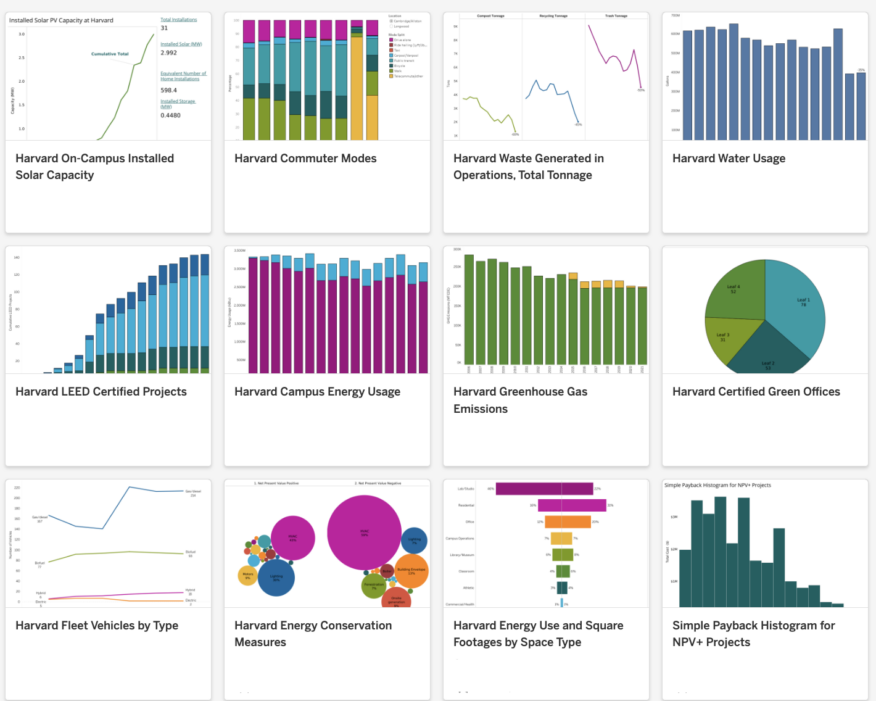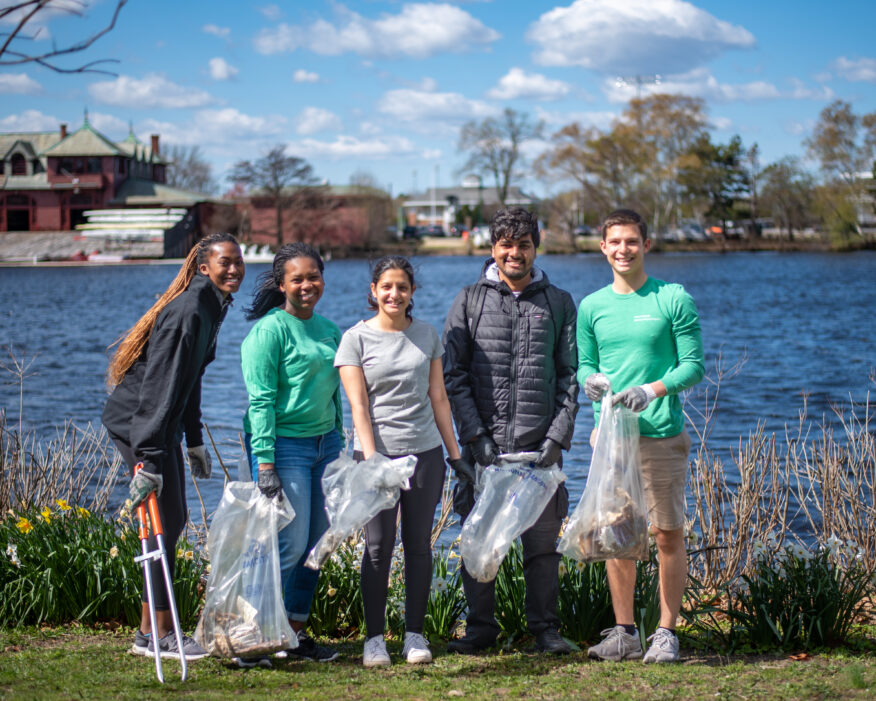Harvard Office for Sustainability
Accelerating Action for a sustainable future
OUR COMMITMENTS
A holistic approach to address climate, equity, and health
Working to protect the climate and environment, advance a more equitable society, and promote the wellbeing of people at Harvard and beyond.
How We Power
Accelerating a fossil fuel-free Harvard and world.
How We Build
Harvard is accelerating sustainable building to enhance health, productivity, equity, and quality of life on…
How We Operate
Harvard is accelerating new systems that enable healthier, low-carbon living—creating systems that can be scaled…
How We Lead
Harvard is generating and leveraging innovative knowledge to advance solutions to the climate crisis and…
Our Goals
Fossil Fuel-Free by 2050, Fossil Fuel-Neutral by 2026
Learn more about Harvard’s Fossil Fuel-Free by 2050 Goal (Goal Zero).

The Harvard Healthier Building Academy
The University is taking steps to eliminate harmful chemicals on campus
We are enhancing the health, productivity, and quality of life of our students, faculty, and staff by making smart, informed decisions about the design and maintenance of our built environment.

Facts and Figures
How we’re modeling sustainability

3MW

30%

218M gallons

148

16%

436,279 miles
Annual Sustainability Report
We are using data to uncover new insights and drive continual improvements in how we operate our campus.

Sustainability at Harvard
Connect with OFS
Whether you are a student, staff member, alum, or simply interested in learning more about sustainability at Harvard, there are many opportunities to get involved and take action.

News